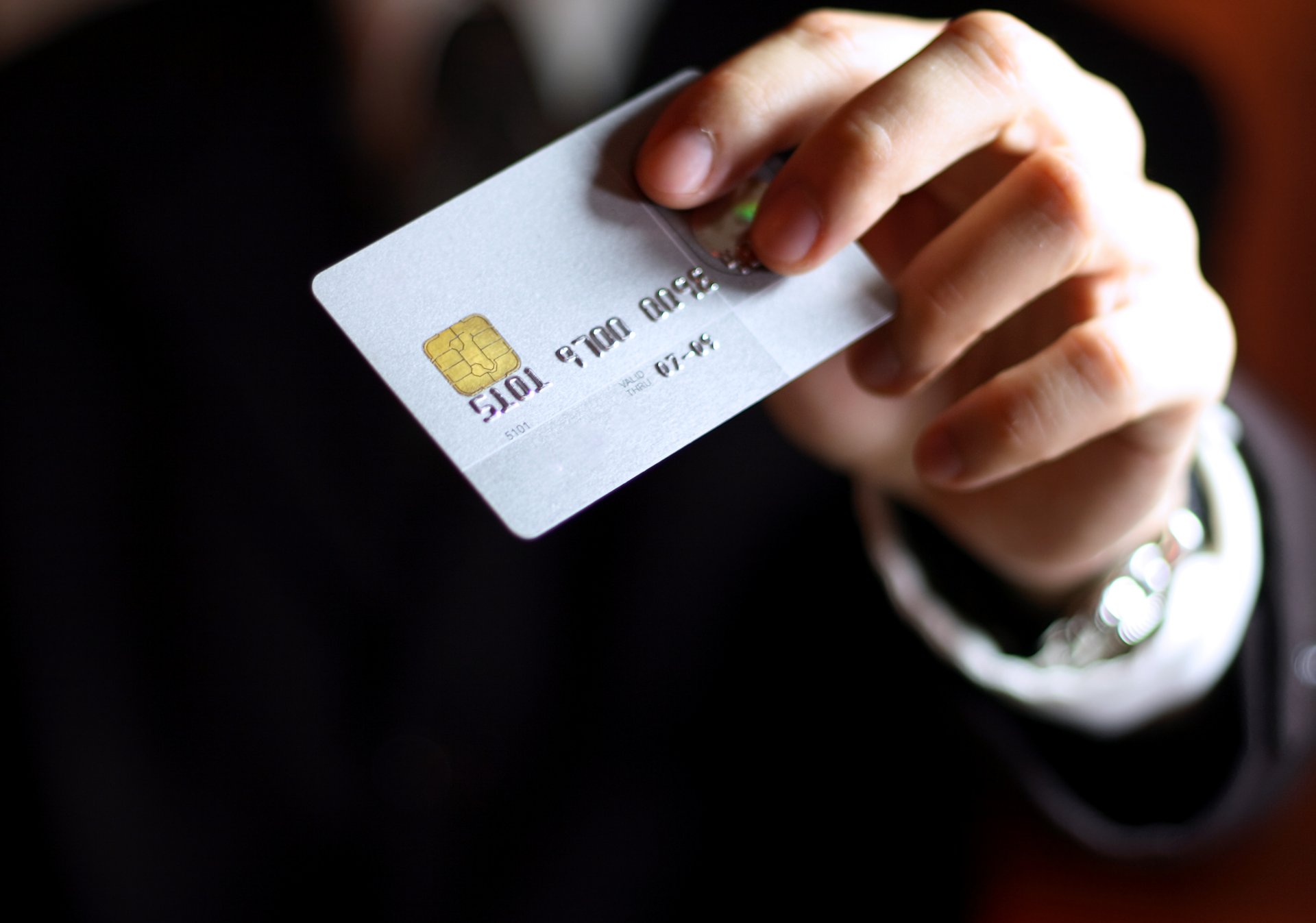
The tiny computer chips embedded in the front of credit and debit cards are designed to make the cards less vulnerable to fraud compared with cards that have only a magnetic strip on the back. But that doesn’t mean chip cards are invulnerable.
CBS New York reports that it appears some thieves have found ways around the microchip, sometimes called an EMV (Eurocard, MasterCard, Visa) chip.
One consumer tells the news outlet that she discovered five “suspicious” transactions totaling about $2,300 on her chip card. Another consumer discovered a $200 withdrawal from an ATM in another city that she did not make.
According to CBS New York:
It only takes small modifications to skimming devices to bypass the chip and enable unauthorized uses of these cards, just like with the magnetic cards.
So what’s a consumer to do when even the latest and greatest payment technologies show vulnerabilities?
Perhaps the only way to prevent credit or debit card fraud is to never use plastic. As consumer advocate Abraham Scarr tells CBS, “no technology is perfect.”
Abandoning plastic is impractical for many consumers, though. So most of us must instead focus on decreasing our odds of fraud and catching and reporting it promptly.
1. Monitor all cards closely
Scarr notes that consumers should report problems as soon as they discover them.
That means you must regularly monitor activity on all of your credit and debit cards — regardless of what type of technology they feature. Develop a routine that affords you time to log into your bank and credit card accounts online regularly, ideally daily. It should take no more than a few minutes to skim the latest charges for anything suspicious.
If that still sounds like too much of a chore to you, look into free programs that automatically track your expenses. I have found that tracking my expenses makes it easier to monitor my charges.
2. Understand protections for credit versus debit cards
Credit cards and debit cards are not necessarily treated equally under federal laws. Because of this, credit cards are generally considered safer.
Credit card transactions are protected under the Fair Credit Billing Act, for example. This federal law provides you certain consumer protections, like the ability to dispute billing errors and to withhold payment while your creditor investigates the disputed charges.
Perhaps more importantly, the law generally limits your responsibility for unauthorized credit card charges to $50. To learn more, check out the U.S. Federal Trade Commission’s “Disputing Credit Card Charges” page.
Even if you lose your credit card, “your liability for unauthorized use of your credit card tops out at $50,” the FTC explains. If you lose a debit card, however, your liability could be a lot higher, as it depends on how quickly you report the card loss
Would you add any advice for decreasing your odds of fraud involving your chip cards? Share with us below or on our Facebook page.




Add a Comment
Our Policy: We welcome relevant and respectful comments in order to foster healthy and informative discussions. All other comments may be removed. Comments with links are automatically held for moderation.